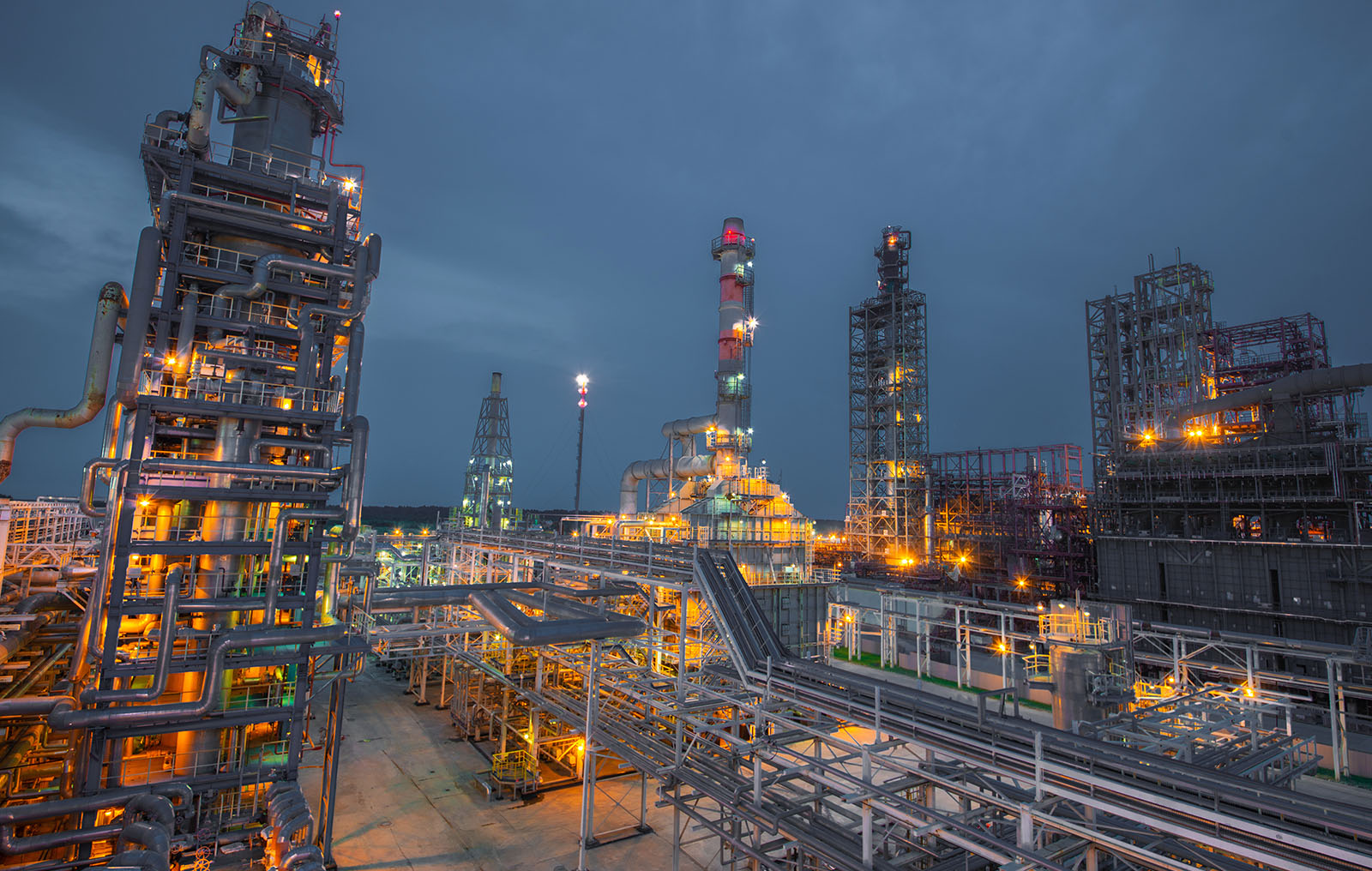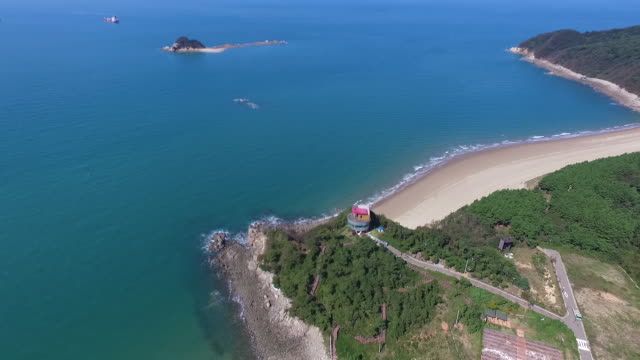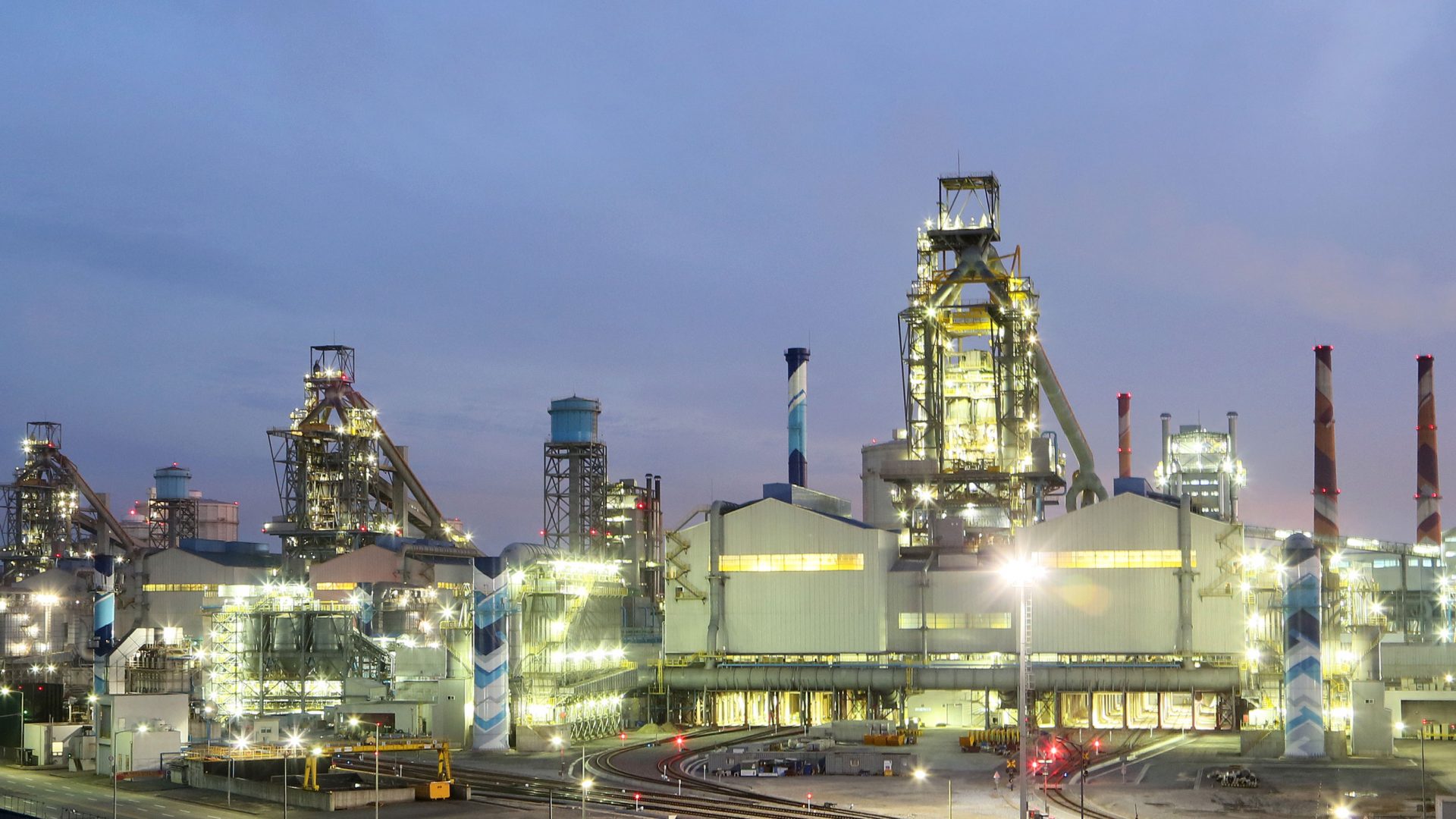The Dangjin Province of South Korea traditionally relies on thermal electricity generation processes to supply power to the area. The Waste Energy Co-Generation Project is innovative in that it differs from this process and utilizes surplus waste gases to generate electricity and steam. This project is energy saving and uses waste energy that would have otherwise been emitted into the atmosphere.
It is the first Verified Carbon Standard project in South Korea and consists of a 400-megawatt cogeneration plant at Hyundai Steel. Through this project, approximately 2,306,076 megawatt-hours of electricity will be sent to the power grid, and more than one million tonnes of steam produced will be sent to Hyundai Steel Mill.
Mitigating climate change and reducing the importation of fossil fuels are significant environmental benefits. This project is estimated to reduce emissions by approximately 1,441,680 tonnes of CO2e annually.
The Waste Energy Co-Generation Project meets South Korea’s environmental policies and yields many benefits to the local community by developing new technologies, creating additional jobs, and reducing environmental pollution.







